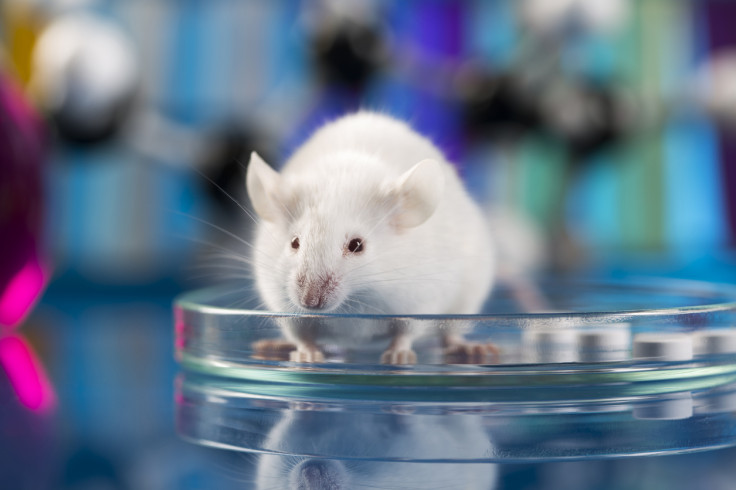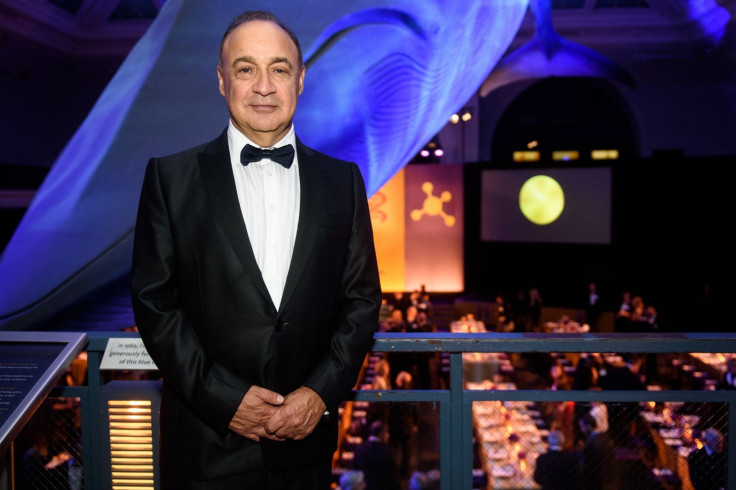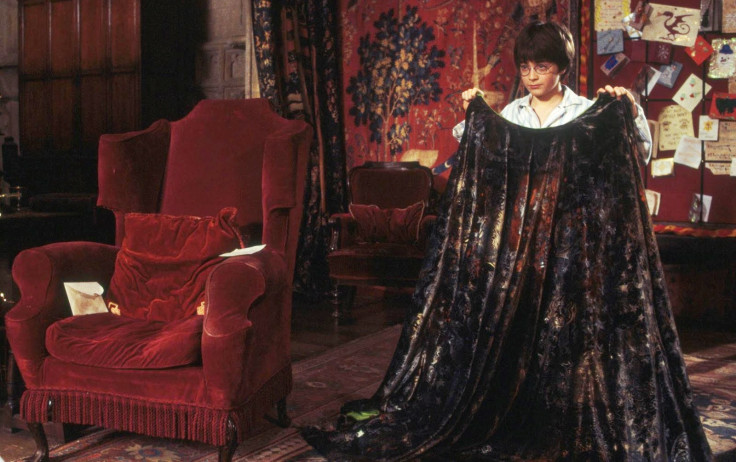From invisibility cloaks to cancer treatments – rewarding young scientists speeds up innovation
The Blavatnik Awards for Young Scientists have been launched in the UK and Israel.

Being a young scientist is hard. You grow up in a world where you're fascinated by the "how" and "why" of things, by the technicalities and the mechanics of your childhood toys; captivated by the prospect of becoming an astronaut or curing a disease when you grow up; eager and impatient to make a breakthrough discovery. The thirst for knowledge is in your DNA.
It's only later that you realise the years of study and research needed to make these dreams a reality. Soon there is fierce competition for funding and recognition, coupled with intense pressure to publish the scientific innovation of tomorrow, while also juggling personal responsibilities. I am continually inspired by my fellow scientists' determination and passion for their work, but personal passion is not always enough.
Society must do much more to support scientists in their current and future work. It is not just a question of helping the individual scientist – there is a much broader societal and economic benefit attached to a nation's scientific output. It is well recognised that investments in research and development and innovation are central for economic growth.
Most people are familiar with at least one method of supporting scientists, and that is through awards and prizes – the Nobel Prize likely being the most well-known. Yet most celebrate past achievements, not future promise. To American industrialist and philanthropist Len Blavatnik, this fact was brought home when he attended a Nobel Prize Ceremony. Though deeply impressed by the achievements being celebrated, he was surprised that many of the Laureates were being recognised late in their illustrious careers.

Given that the Nobel Prize is a retrospective acknowledgement of exceptional work, he suspected there were many younger scientists on the cusp of greatness whose work was being slowed down by competition for funding and recognition. Thus, Blavatnik enlisted the help of the New York Academy of Sciences to create the equivalent of a Nobel Prize for young scientists: and the Blavatnik Awards for Young Scientists were born.
The Blavatnik Awards focus on the next generation of exceptional scientists, celebrating their extraordinary achievements, recognising outstanding promise, and accelerating future innovation through unrestricted funding. Much like venture capital investment, the Blavatnik Awards do not shy away from riskier propositions that may deter traditional funding bodies; the focus is on supporting promising young scientists rather than specific programmes of research. This approach ensures that bold, brilliant ideas do not fail to be pursued because of a lack of funds.
This year, after 10 highly successful years in the US, the Blavatnik Awards are launching in the UK and Israel, to recognise young scientists in those countries for their significant contributions to their discipline, and to support their continued upward trajectory scouting the frontiers of science and technology.
With this expansion comes an investment into UK science that will help ensure its world-renowned research is recognised on a wider scale. As an American organisation, we're also looking forward to potential US-UK collaborative opportunities. There are currently more than 180 past and present Blavatnik Awards honourees in the US, many of whom are now tenured at some of the world's top research institutions, and whose discoveries pervade every facet of human life.

In 2016 alone, the honourees' work explored key issues including novel therapies against cancer, improving the way we fight infectious diseases, discovering new planets outside our solar system, and pioneering work on a Harry Potter-style "invisibility cloak". Evidence suggests that the best research is collaborative international research, and Blavatnik Award honourees from the UK and Israel will be brought together with their US counterparts to foster an exchange of ideas and leverage their talent worldwide.
The UK's economy is inextricably linked to its research and innovation credentials, leading to announcements such as the Science and Technology Committee's recent call for greater commercialisation of scientific research. Again, this is where the right funding and recognition can help scientists migrate their work from the lab to the commercial sector. Many past Blavatnik Awardees have commercialised their work: one of whom, Dr Marin Soljačić, co-founded the wireless charging company WiTricity, growing from a lab in MIT to a corporation whose investors include Toyota and Intel. This pathway is one that becomes far easier with the right support.
We're looking forward to receiving the first round of UK nominations later this year, supporting the next generation of scientists and, in turn, the next generation of science. While the calibre of candidates is always high, our focus is on encouraging all UK universities and research institutions to nominate as diverse a range of researchers as possible – and to remember that among many things, we're searching for that hard-to-quantify but impossible-to-miss scientific passion that fuels scientific exploration, ambition, and curiosity.
Dr. Brooke Grindlinger is Chief Scientific Officer for The Blavatnik Awards for Young Scientists
© Copyright IBTimes 2025. All rights reserved.






















